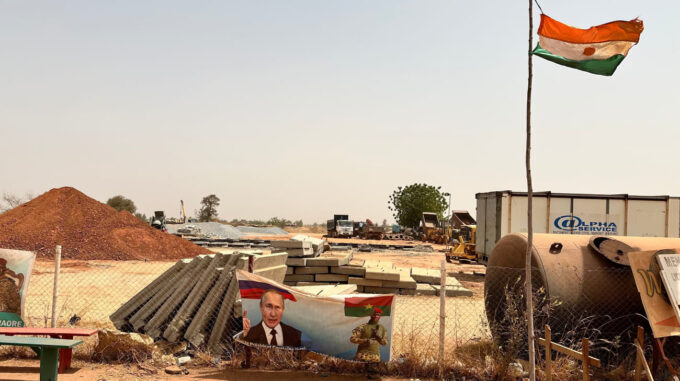Russia is intensifying its activities in Africa, seeking to establish itself there as an influential player through the strategic formation of new loyalties among elites loyal to the Kremlin

This process was described by the Main Directorate of Intelligence of the Ministry of Defense of Ukraine, which noted that Moscow is using educational and youth programs as primary tools to achieve its long-term goals on the continent. In particular, Major Andriy Yusov, a representative of the GUR, emphasized that African education and sports are increasingly becoming elements of Russia’s hybrid strategy aimed at shaping a new generation of political and administrative elites who, in their views and values, will be more loyal to the Kremlin. This is planned to be achieved through systematic and targeted work, including creating favorable conditions for Russification of the educational space and fostering young people to support the interests of the Russian Federation in the long term. One of the key steps in this strategy is the consistent preservation of quotas for citizens of African countries in Russian higher education institutions funded from the state budget. This allows African students to study at prestigious universities in Russia in fields such as agriculture, engineering, pedagogy, and medicine. According to Yusov, soon, courses in the Russian language and professional development programs for teachers and students will be introduced at leading universities in the region, facilitating greater integration of African educational programs with Russian standards. According to the Russian leadership’s plan, this strategy aims to orient African students and youth toward embedding Russian ideas into their education and moral systems. In the future, full synchronization of educational programs with Russian standards is expected, which, according to experts in the GUR, will enable the Kremlin not only to influence future elites of the continent’s countries but also to consolidate positions in the consciousness of the younger generation, favorable for Russian geopolitical influence. Another important area is work with youth through various sports initiatives. Russia uses sports programs as a tool to establish contact with young people, promote the popularity of the Russian sports brand, and create a positive image of the country. Through such activities, Russia aims not only to popularize sports in the region but also to create a platform for building long-term cultural and ideological influence, shaping a positive perception of Russian values and interests among young people. Thus, Russia actively implements a multifaceted strategy of cultural, educational, and youth influence in Africa, aiming to establish itself there as one of the main influential players. This will later enable the Kremlin not only to expand its political and economic interests but also to strengthen its strategic influence on the continent.

